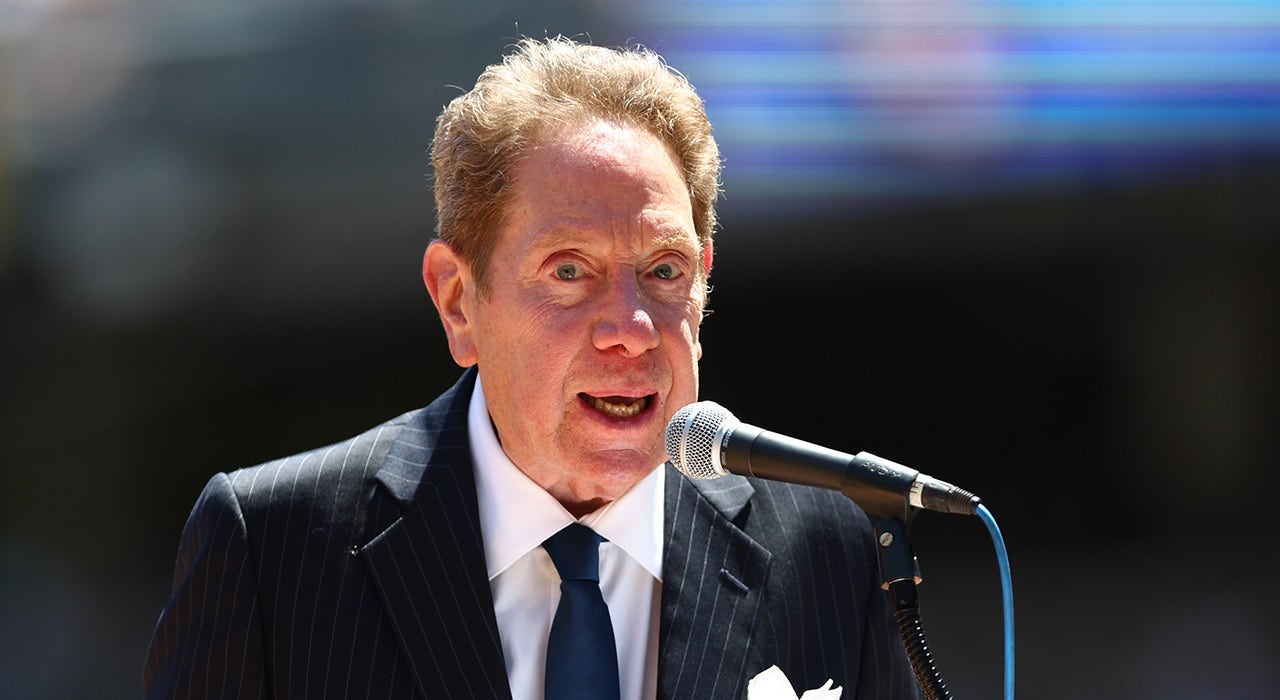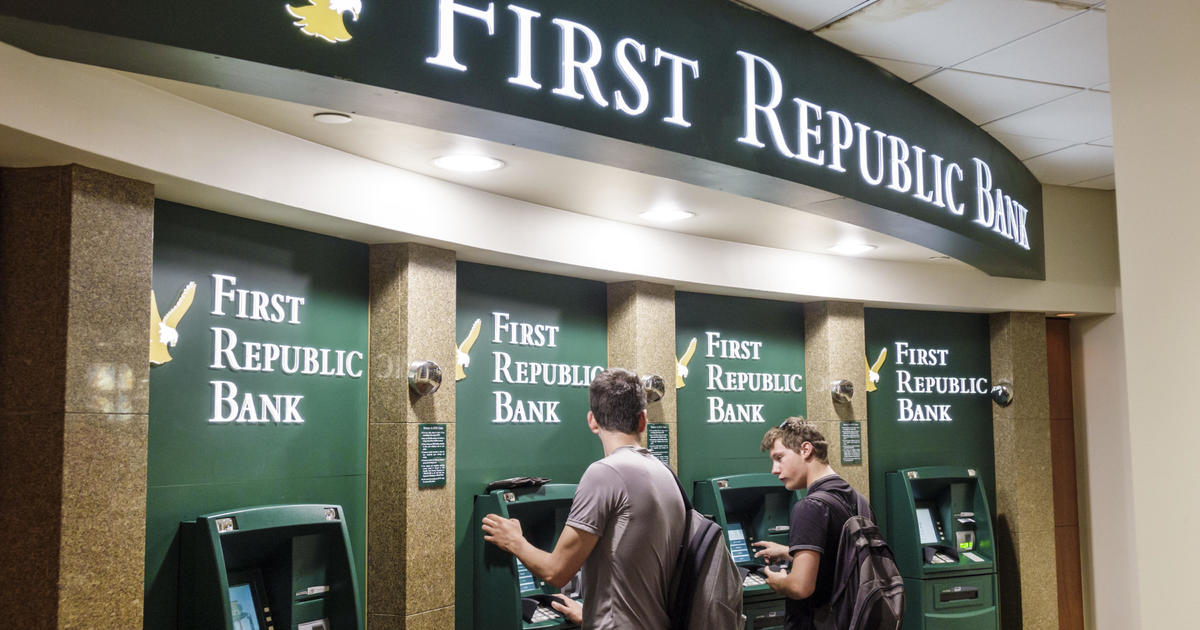The stock price of First Republic Bank cratered on Monday despite its attempts to quell investor fears after the sudden collapse of Silicon Valley Bank and Signature Bank.
Shares of First Republic, a regional bank based in San Francisco with $213 billion in assets and 7,200 employees, fell more than 70% in early trading only one day after the company said it has added more cash to its reserves. The infusion of capital came from the Federal Reserve and JPMorgan Chase, First Republic said.
In a statement on Sunday, CEO Mike Roffler said the bank “continues to fund loans, process transactions and fully serve the needs of clients.” Seeking to reassure investors and depositors, he also said the company’s “capital and liquidity positions are very strong, and its capital remains well above the regulatory threshold for well-capitalized banks.”
First Republic has more than $70 billion available in unused funds, the bank said. The company did not immediately respond to a request for comment.
The stocks of other regional banks also took a hit Monday, including Zions, Pacific West and Western Alliance. More than a dozen regional banks had their trading halted Monday after prices continued to free fall following the seizure by regulators of Silicon Valley Bank (SVB) and New York’s Signature Bank.
Analysts at Bank of America said they “expect regional bank stock volatility to remain challenging in the short run as investors recalibrate the risk-reward” in the coming days.
“The events of the last few days are likely to worsen the funding cost pressure that the industry was already facing,” they said in a report. “No bank is immune, but this pressure will likely be most pronounced among banks with a larger mix of rate sensitive customers.”
Regional lenders that saw falling stock prices Monday are unlikely to collapse the way SVB did because “most large and regional banks have much more diversified deposit bases,” Solita Marcelli, the chief investment officer at UBS, said in a research note.
The California Department of Financial Protection and Innovation said it took control of SVB because the bank had “inadequate liquidity and insolvency.” The bank’s closure marked the largest failure of a financial institution since Washington Mutual in 2008 at the height of the financial crisis. SVB is now under control of the Federal Deposit Insurance Corporation, which U.S. Treasury Secretary Janet Yellen ordered to guarantee depositors full access to their funds starting Monday.
Withdrawing funds from SVB is one thing, but “the bigger and more troubling story is how this will change the start-\up and VC community going forward,” Dan Ives, an analyst at Wedbush Securities said in a report.
“We have heard from any nervous VCs and tech startups over the weekend that are worried about their employees, payroll and uncertain financing world they face going forward post SVB,” Ives said.
Days after SVB’s closure, regulators in New York shuttered Signature Bank. Signature held more than $110 billion in assets before it closed. Taking control of Signature “was the right move to protect consumers,” New York Gov. Kathy Hochul said Monday in a tweet.















































